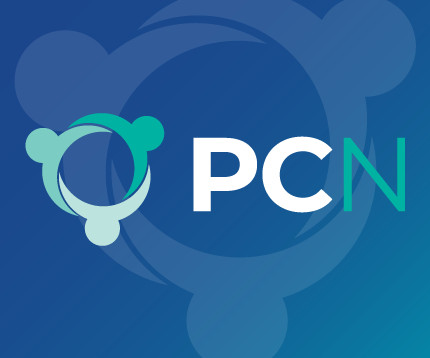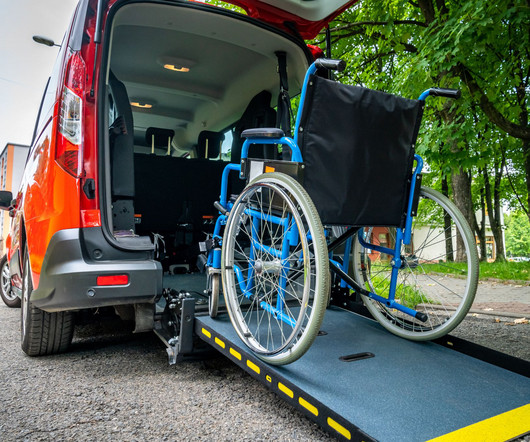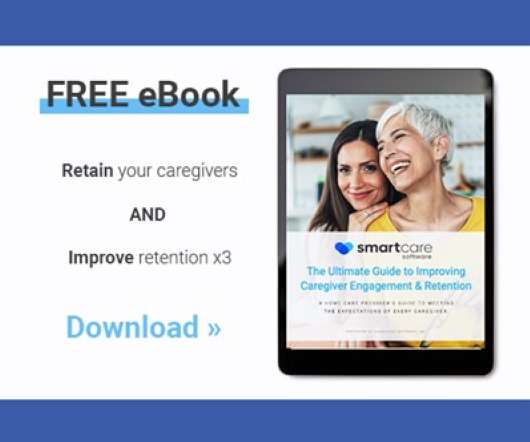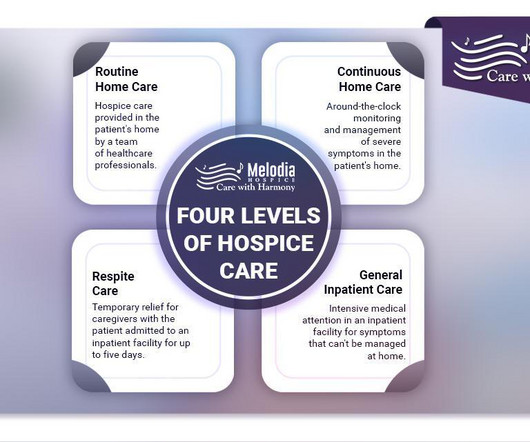Wage Litigation Rising Among Hospices
Hospice News
JUNE 2, 2023
Hospice providers can face legal repercussions if they don’t strike the right balance in their payroll practices. Miscalculated compensation or miscommunicated policies are among the most common reasons that hospices are facing legal concerns related to staff compensation, according to Russell Bruch, partner at Morgan Lewis. Bruch assists employers with legal wage and salary matters at the global law firm.

















Let's personalize your content